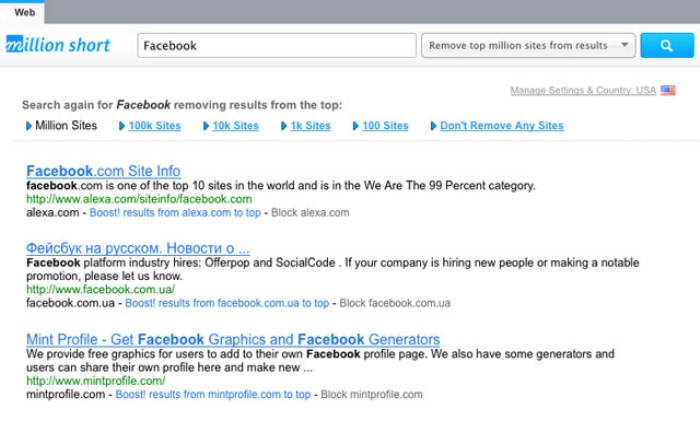
When DARPA wants a next-generation search engine, Google had better pay attention. DARPA, or the Defense Advanced Research Projects Agency, is the cutting-edge Pentagon research organization whose...
There are some questions that Google can’t provide the answers to–and for those questions, there’s Jelly. It’s an app that makes asking questions and getting answers more social, because it allows users to ask family and friends for answers instead. It’s best for questions that are framed with an accompanying image, as the app allows users to point, shoot, and ask about whatever it is they’re looking at.
In case the person you’ve asked is just as clueless as you, then he or she can forward the question to another friend who might have the answers.
Introducing Jelly from Jelly Industries, Inc. on Vimeo.
Jelly was created by Twitter co-founder Biz Stone and Ben Finkel. You can download the app from Google Play or iTunes.
VIA [ Laughing Squid ]

Search engines have algorithms that match and rank results based on your search terms and keywords. On most search engines, I usually stop checking the results at page 10 since that’s usually where the relevance tapers off. You might be able to find a couple of gems buried within those other resources, but you’ve got to have a lot of time, not to mention patience, to actually go through each and every one of them.
With that in mind, what type of results would you expect to see on page 100?
Giving you the answers (and the results) is Million Short. It’s an experimental search engine that gives users the option of removing results from the most popular sites on the Internet. Up to a million of the most popular websites can be excluded, with the other increments being 100, 1,000, 10,000, and 100,000. In effect, it’s like skipping over the first few dozen pages of results or so to get to the sites that aren’t as popular.
The search engine was created by software company Exponential Labs. Try it out and decide if it gives you better hits or if it’s just a waste of time.
VIA [ Laughing Squid ]
Each week Joshua Fruhlinger contributes This is the Modem World, a column dedicated to exploring the culture of consumer technology.
One day, Google will not be the technology giant that it is today. Consider the following:
In 1968, the Pontiac GTO was Motor Trend's Car of the Year. Today, Pontiac is a historical footnote of General Motors.
In 1981, IBM launched the PC, which became the de facto standard of personal computers, spawning hundreds of PC clones and dominating the computing market to this day. In 2005, the IBM PC business was acquired by Lenovo, and the IBM PC is no more.